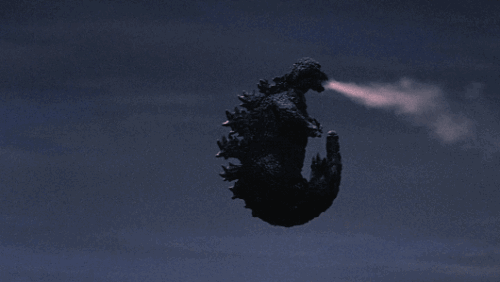The Battle of Waterloo (18 June 1815) was the last major engagement of the Napoleonic Wars (1803-1815), fought by a French army under Emperor Napoleon I (r. 1804-1814; 1815) against two armies of the Seventh Coalition. Waterloo resulted in the end of both Napoleon's career and the First French Empire and is often considered one of history's most important battles.
On 1 March 1815, Napoleon returned from exile to regain control of his empire, beginning the period of the Hundred Days. The great powers of Europe responded immediately by branding him an outlaw and declaring war. The decisive Battle of Waterloo was fought between the towns of Mont-Saint-Jean and Waterloo in modern Belgium, then part of the Kingdom of the Netherlands. Napoleon's objective was to crush the Anglo-allied army of Arthur Wellesley, Duke of Wellington, before it could be reinforced by a nearby Prussian army under Field Marshal Gebhard Leberecht von Blücher. Napoleon nearly succeeded in his goal when his men captured the farmhouse of La Haye Sainte and stood poised to break through the allied center. However, the timely arrival of several Prussian corps and a failed charge by the French Imperial Guard dashed Napoleon's hopes of victory. Four days after his defeat at Waterloo, Napoleon abdicated for a second time and was exiled to the island of St. Helena in the South Atlantic, where he would die six years later.
The Battle of Waterloo has often been regarded as one of the most decisive battles in history; it brought an end to the Napoleonic period and ushered in a new political era known as the Concert of Europe. Additionally, Waterloo marked an end to nearly 23 years of constant warfare that had devastated continental Europe since the Battle of Valmy in September 1792. After Waterloo, Europe enjoyed decades of relative peace, as the great powers did not fight another major war until the Crimean War (1853-1856). Still, the importance of the Battle of Waterloo is sometimes overstated; historians have argued that the odds against Napoleon were impossibly high, and had he not been defeated at Waterloo, he likely would have met his end on some other battlefield shortly thereafter
Megathreads and spaces to hang out:
- 📀 Come listen to music and Watch movies with your fellow Hexbears nerd, in Cy.tube
- 🔥 Read and talk about a current topics in the News Megathread
- ⚔ Come talk in the New Weekly PoC thread
- ✨ Talk with fellow Trans comrades in the New Weekly Trans thread
reminders:
- 💚 You nerds can join specific comms to see posts about all sorts of topics
- 💙 Hexbear’s algorithm prioritizes comments over upbears
- 💜 Sorting by new you nerd
- 🌈 If you ever want to make your own megathread, you can reserve a spot here nerd
- 🐶 Join the unofficial Hexbear-adjacent Mastodon instance toots.matapacos.dog
Links To Resources (Aid and Theory):
Aid:
Theory:


can we like not unironically glorify BMF please
spoken like a real dsa kkkaren smh
Death to America
BMF was mostly correct
LMAO in what way was BMF correct that all of us didn't already know
Weird sectarianism, and being weirdly against people who point out that bugs are inefficient to farm due to trophic levels, are like BMF's only defining traits outside of normal communism. And BMF didn't have any particularly good insights to justify those weird beliefs
You don't have to hand it to them but they did post a lot. That's the best most of us can hope for.
my hot nuclear take for this website is that BMF was never funny and just annoying
idk if 'funny' is what you'd call it but something was entertaining about the (completely unsupportable) connections they'd make between things, the bizarre phraseology, and the ridiculous buzzwords they'd go to herculean lengths to shoehorn in. fascinating i guess